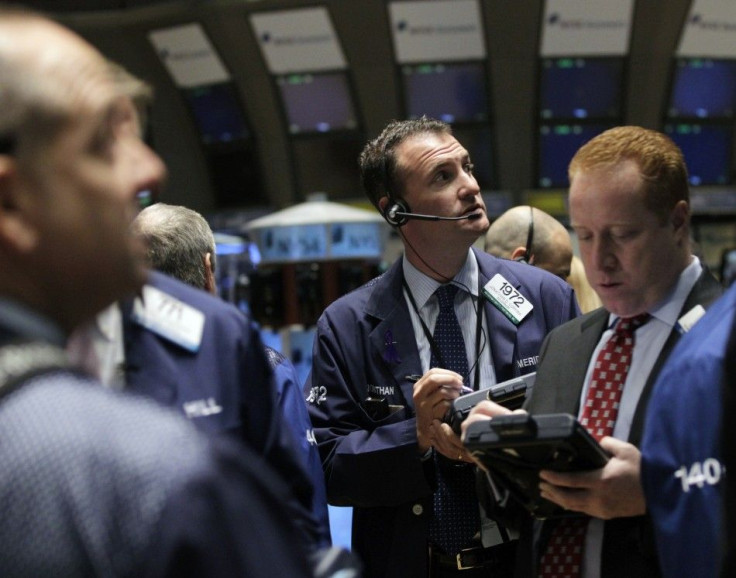Amid Market, Economic Uncertainty, Investors Flock to U.S. Bonds

With stock markets and the U.S. reeling, concerned about the U.S. budget deficit and a global economic slowdown, a tradition safe-haven making its regular appearance during times of fear and uncertainty: U.S. Government bonds.
Hard to believe, you say? True, on the surface, it appears to be a contradiction:
Investors, concerned that the Standard & Poor's (S&P) downgrade of the U.S. Government's credit rating means the U.S. will have trouble servicing its huge debt, respond to that concern by seeking an investment safe-haven in...U.S. debt.
The 10-year U.S. Treasury note rose Monday, and it's expected to rise again Tuesday, as investors continue to pile in to cash, and the safest-thing-next-to-cash: U.S Government bonds. The 10-year U.S. Treasury note rose 7 basis points Monday, pushing the yield down to 2.40 percent.
Investors Still Seek U.S. Bonds for Safety
How is it possible that the market can simultaneously feel concerned about the United States' ability to balance its budget, and also want to seek shelter in the bonds of the very country issuing that debt?
Well, let's just say the market still views the U.S. budget deficit as a two-stage problem.
Short-term, given a slow-growth economy and polarized political parties in Washington, the market sees the deficit issue as meaning bad news for corporate revenue growth and earnings growth -- hence the recent spate of large stock market declines.
Therefore, until the Democrats and Republicans cut the deficit further -- by more than $1.5 trillion specified for the second-half of the debt deal agreement -- expect the stock market to remain unsettled, and a drop to Dow 10,000 is possible.
However, long-term, institutional investors believe the United States is going to pay its bills -- for several reasons the U.S. is still a premiere economy in the world -- hence, investors are "parking their money" in cash or the safest thing next to cash -- U.S. Treasury notes.
In other words, investors have little concern, long-term, that they're going to get the money back by investing in U.S. debt, which primarily accounts for the rise in U.S. bond prices, despite being issued by the countryw with the debt that's the source of most of the stock market tumult and fear.
Monetary/Economic Analysis: No other nation in the world could run-up such a large budget deficit and national debt, and see interest rates charged for that borrowing fall: it's a privileged condition for the United States, but one that Congressional leaders in Washington better not take for granted.
That privileged status -- which includes the role of dollar as the world's reserve currency -- may end: the bond vigilantes that have attacked Greek, Irish, Italian, Portugese, and Spanish bonds may soon turn their attention to the United States, and if they do, U.S interests will rise.
Hence, it's imperative that the Congressional supercommittee created to cut the deficit further announce a large deficit cut outline as soon as possible, to both calm U.S./global stock markets and keep the bond vigilantes away from the United States.
© Copyright IBTimes 2024. All rights reserved.











